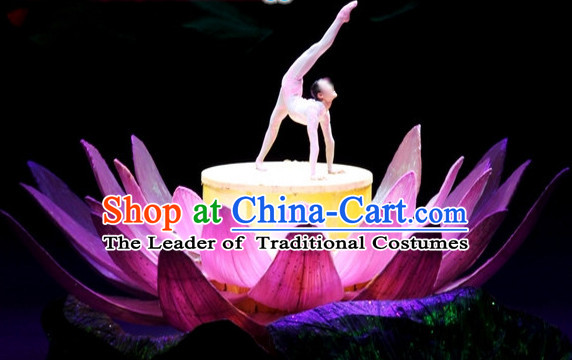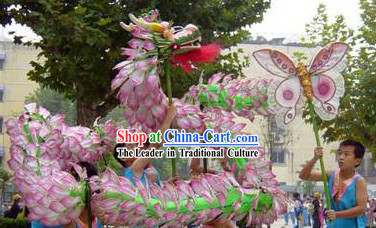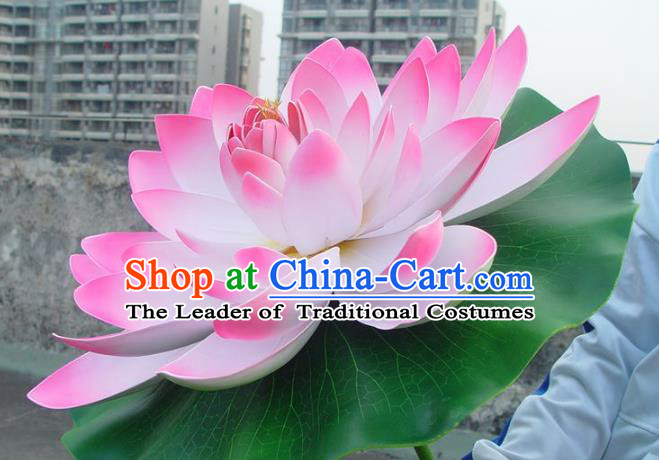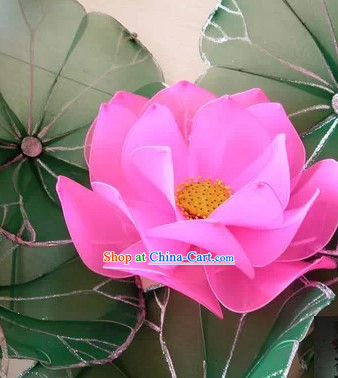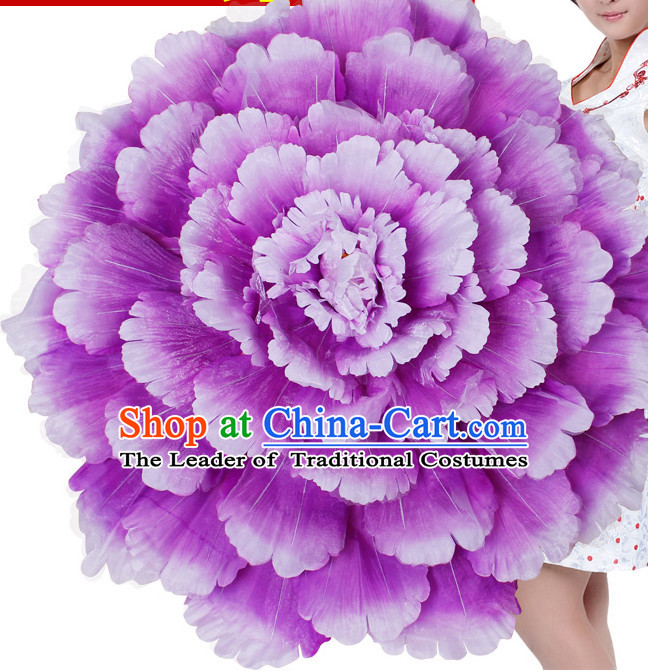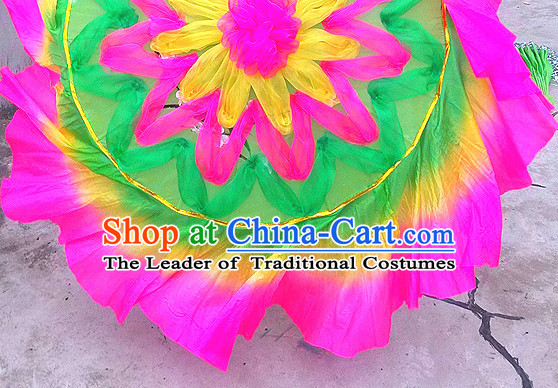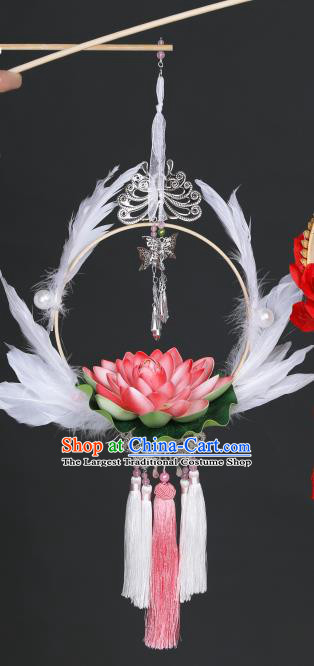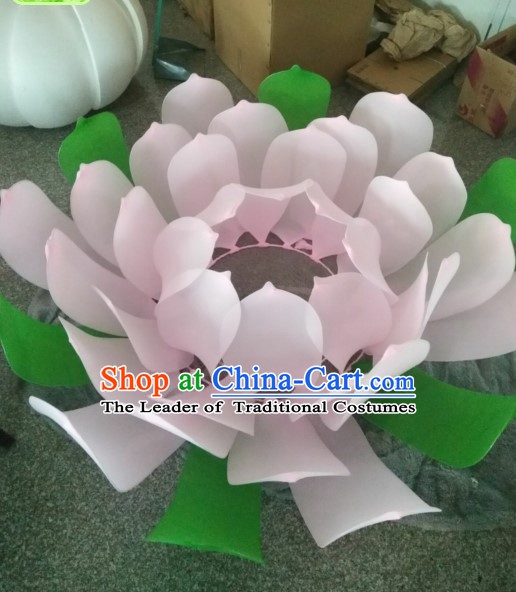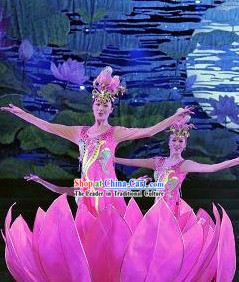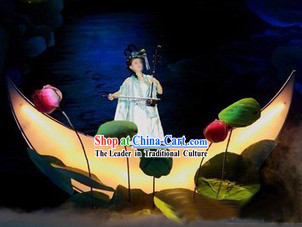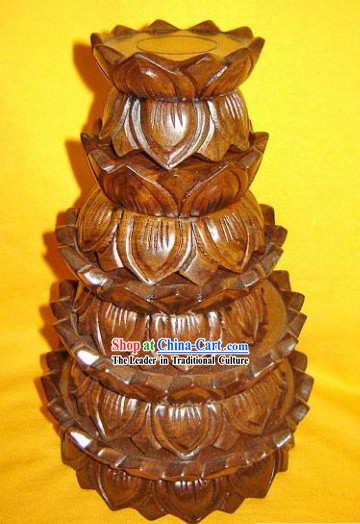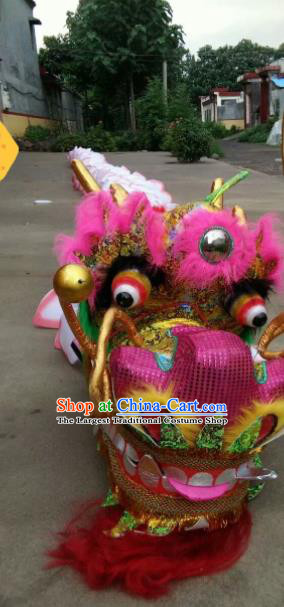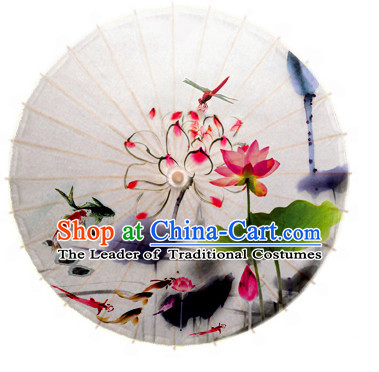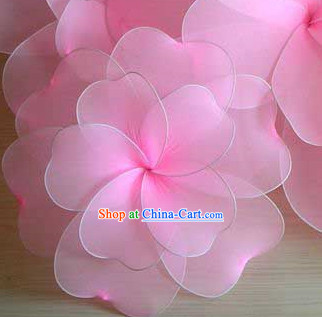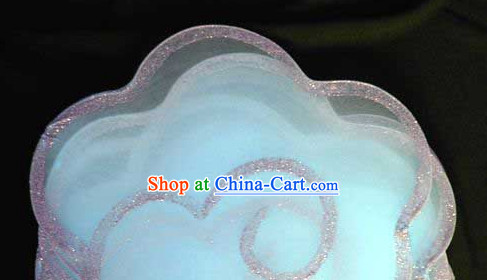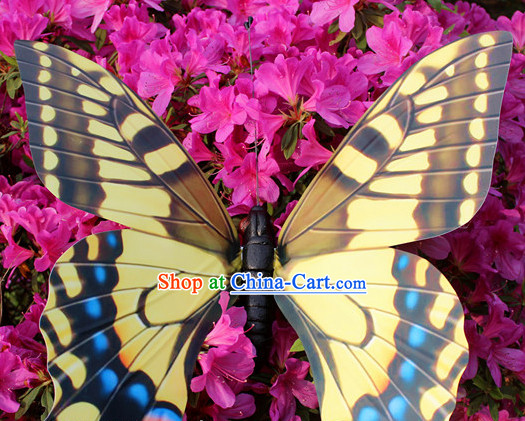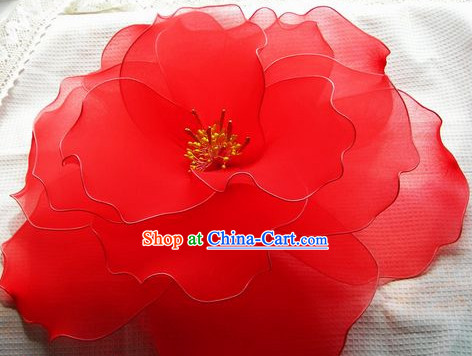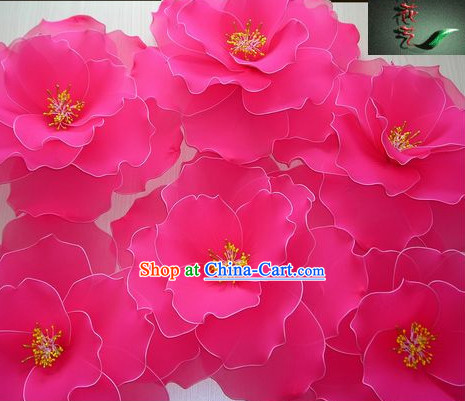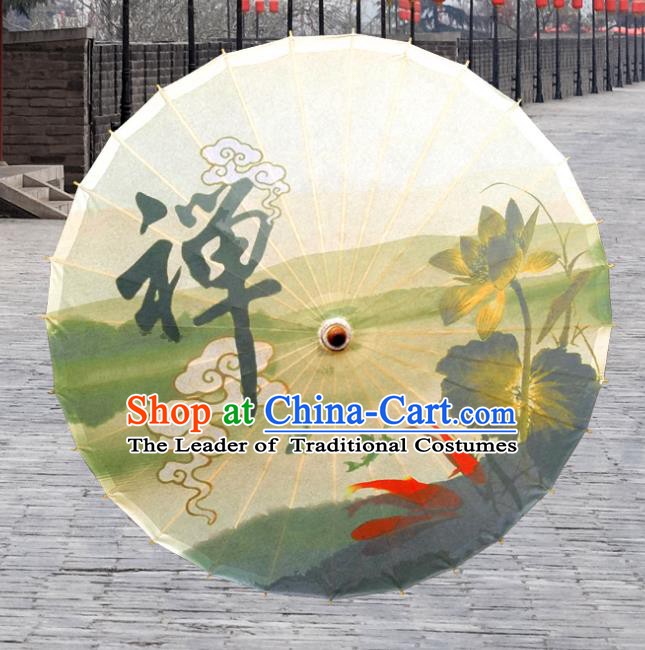
Click Related Pictures for More Audios:
Traditional Chinese-style lotus base dance props and decorations, with their exquisite craftsmanship, rich cultural connotations, and historical significance, showcase the unique charm of ancient Chinese art.
These props and decorations are usually made of silk, featuring bright colors and unique patterns, and have high artistic value and ornamental value.
Among these props and decorations, the lotus base is the most representative one.
The lotus has special symbolic meaning in Chinese culture, representing purity, elegance, and auspiciousness.
The design of the lotus base usually adopts exquisite embroidery techniques, skillfully integrating the lotus pattern into the shape and structure of the base, making it both practical and beautiful.
In addition, precious materials such as gems and pearls may be inlaid on the base to increase its sense of luxury and collectibility.
In addition to the lotus base, there are other common dance props and decorations, such as fans, ribbons, and headdresses.
Fans are one of the commonly used props in dance performances, which can be used for sunshade, fanning, or as part of dance movements.
Ribbons are often used to decorate dancers' costumes and hair, adding an elegant temperament.
Headdresses are important decorations for dancers' heads, usually made of silk or other soft materials, which can be simple buns, complex crowns, or unique shapes.
These dance props and decorations not only have practicality but also carry rich cultural connotations and historical significance.
They reflect the wisdom and creativity of ancient Chinese artists, showcasing their pursuit of beauty and respect for traditional culture.
By appreciating these exquisite works of art, we can better understand the profoundness of ancient Chinese culture and feel the unique charm of the Chinese nation.
